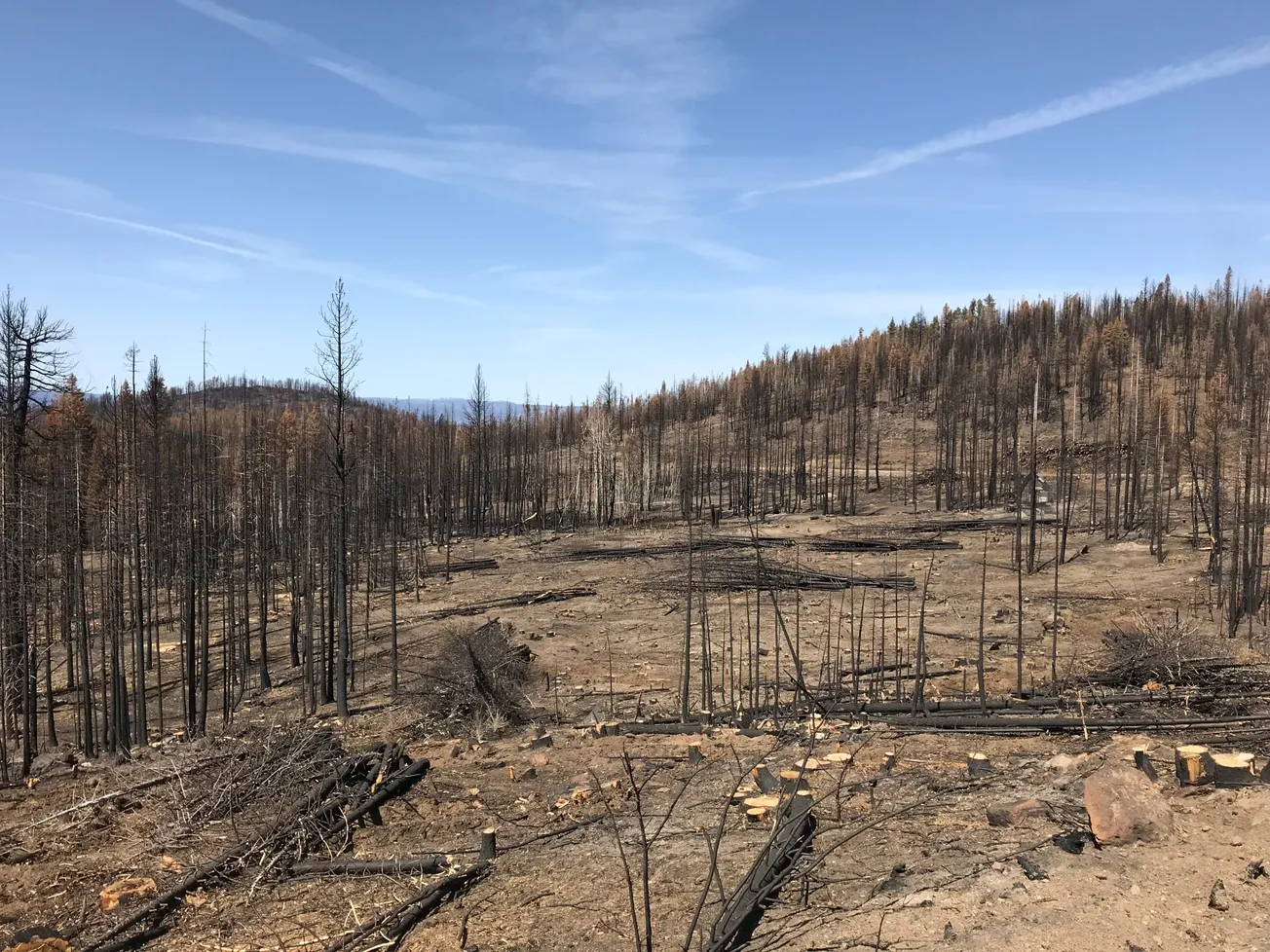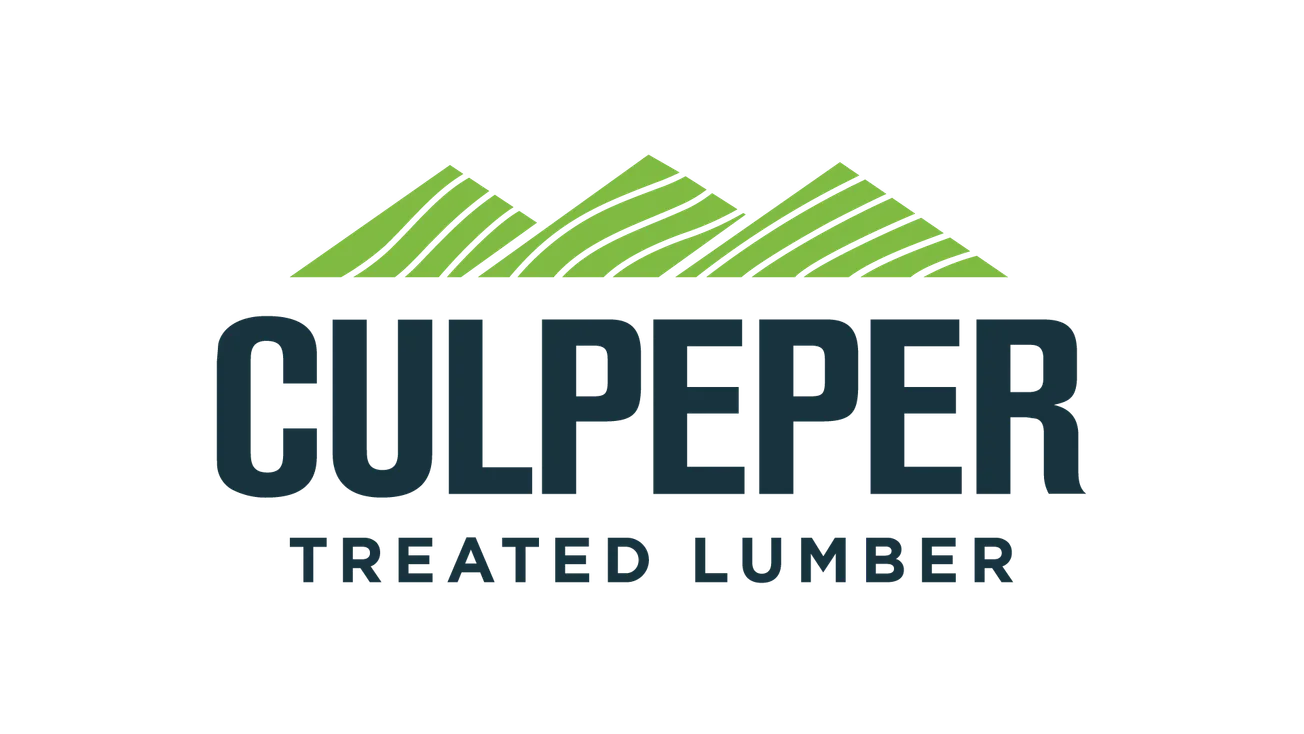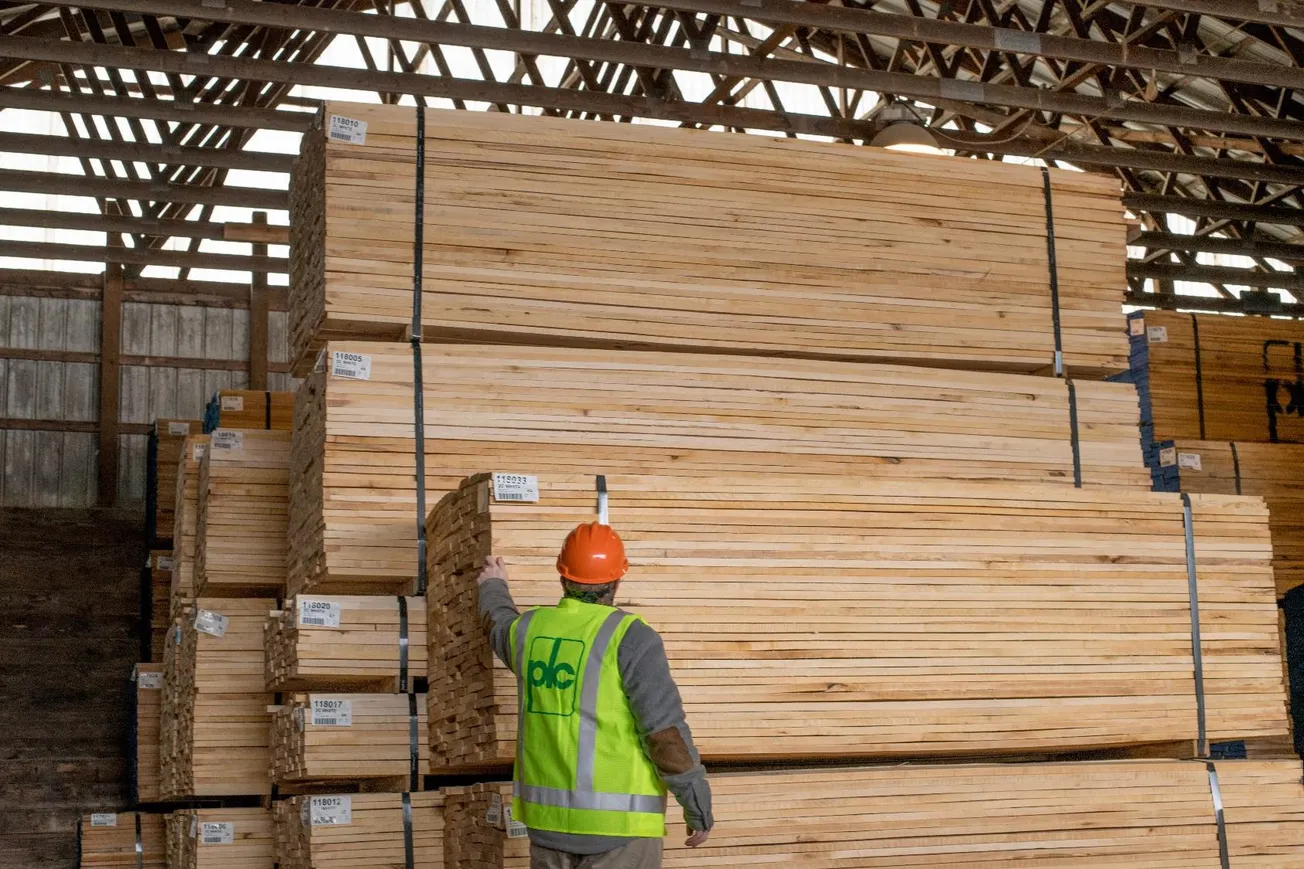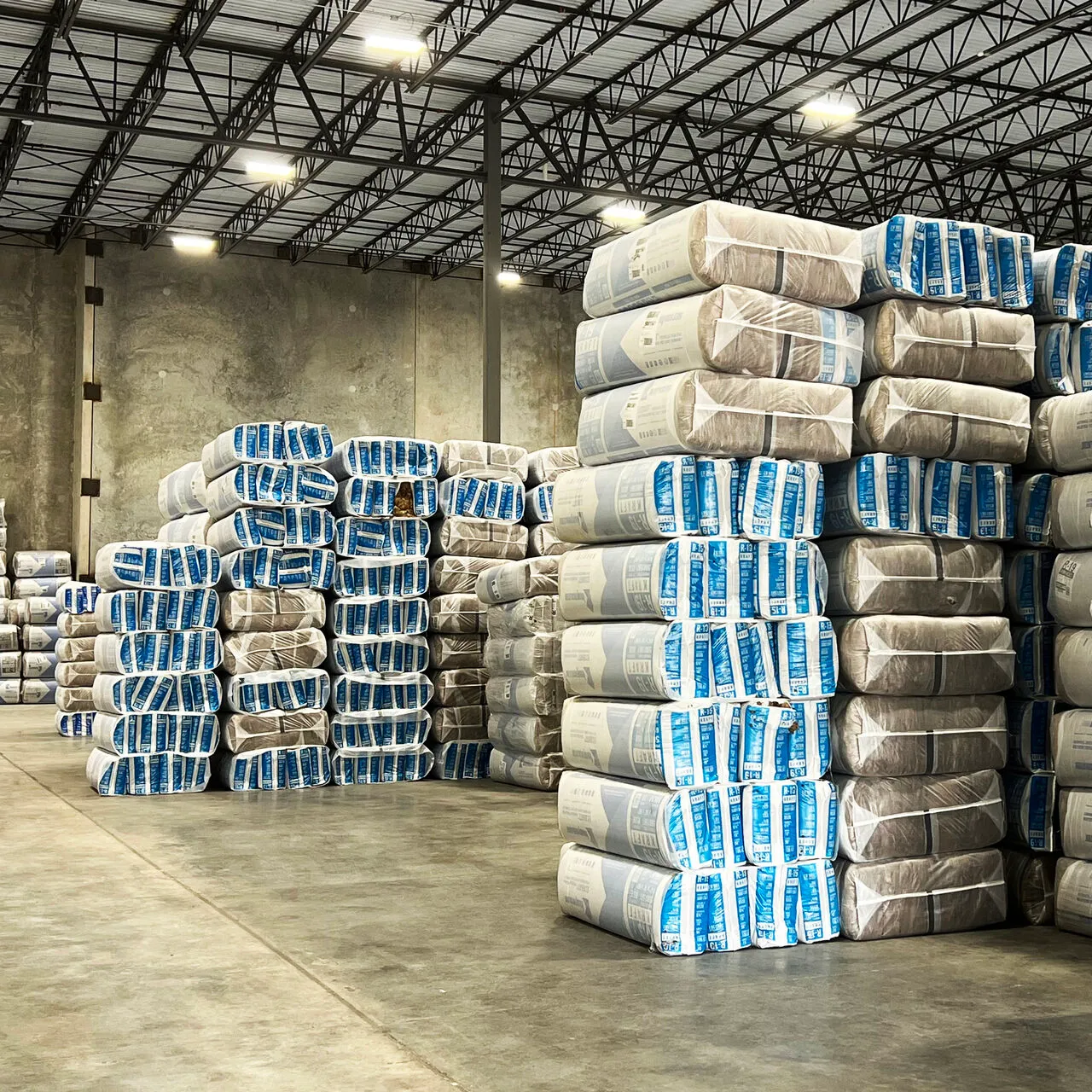Table of Contents
Collins, an industrial landowner with a history of commitment to stewarding resilient forests and delivering sustainable products, and the United States Forest Service joined forces last year in a first-of-its-kind collaboration. This partnership between Collins and the Fremont-Winema National Forest (Fre-Win) is a remarkable example of collaboration to address the aftermath of a devastating wildfire, the Cougar Peak Fire, which in 2021 burned over 90,000 acres in south-central Oregon’s Lake County. The destructive event heavily impacted both private and public lands, with high intensity damage suffered by 59,000 acres of the Fre-Win area and 22,000 acres of the Collins Lakeview Forest.
The Master Stewardship Agreement, established in September 2023 between Collins and the Fremont-Winema National Forest, is aimed at reforesting a large portion of public land devastated by the Cougar Peak Fire. Collins, having experienced significant forestland loss in wildfires in Oregon and California, has developed a deep understanding of post-fire recovery and reforestation. By partnering with the Fre-Win, they have extended their expertise to help restore the National Forest’s burned areas.
The agreement allows Collins an active role in managing the reforestation efforts on the Fre-Win, including clearing burned trees, managing vegetation, and planting seedlings. Collins has begun with the overseeing of land-clearing efforts on 11,000 acres of the National Forest in preparation for replanting in the coming years. This project could expand further with continued federal funding.
For Collins, the motivation behind this partnership goes beyond considerations of economic gains or securing future timber supply. According to Galen Smith, VP of Resources, the initiative is driven by a commitment to improving broader forest and community health. “By collaborating with the Forest Service, Collins is ensuring that forest restoration extends beyond its own property, reducing the risk of future wildfires and increasing forest resiliency across a wider area. This not only safeguards the company’s interests but also benefits the surrounding community of Lakeview and the region.”
Amy Markus, Cohesive Strategy Coordinator for the Fremont-Winema National Forest, shared, “Allowing Collins to assist the Fremont-Winema with reforestation efforts on federal land brings a wealth of knowledge, experience, and added capacity.” She goes on to say, “it is important that we’re approaching post-fire reforestation across federal and private ownerships to set up these landscapes for long-term resilience under changing climate.”
This partnership demonstrates the importance of coordinated efforts in managing forest ecosystems, especially as wildfire threats increase. By pooling resources and expertise, both private and public entities can have a greater impact on forest restoration and resilience. The involvement of Collins offers a model for how industrial landowners can play a crucial role in broader environmental stewardship, ensuring that forests continue to provide vital ecological, social, and economic benefits.
“The Cougar Peak Fire was devastating. We are so grateful and excited replanting is on the horizon. It will be so good to have our forest back,” stated Amanda P., Lake County resident.
The Fremont-Winema National Forest occupies the heart of south-central Oregon, from the eastern slope of the Cascade Range to rugged desert landscapes. The Fremont-Winema is part of the Oregon Outback International Dark Sky Sanctuary, the largest Dark Sky Sanctuary in the world. The 2.3 million acres of forest within the Fremont-Winema are pivotal to neighboring communities and their economies, while offering recreational opportunities, scenic vistas, and wild places.
Founded in 1855, Collins stewards over 370,000 Forest Stewardship Council-accredited acres of forestlands in Oregon, California, and Pennsylvania. Collins was a half century ahead of the rest of the forest products industry in implementing sustainable practices that protect the integrity of the total forest ecosystem, and the family-owned company continues to be innovative in monitoring business practices for the protection of natural resources. Collins products include softwood, hardwood, NAF particleboard, and engineered wood siding and trim.







